Interferons are tissue hormones that consist of relatively short-chain polypeptides, proteins or glycoproteins. Together with interleukins and other groups of substances, they belong to the cytokines that initiate and control the immune reactions of the immune system. Interferons are mainly formed by cells of the immune system, but also by fibroblasts and mainly control antiviral and anti-tumor immune responses.
What are interferons?
Interferons (IFN) are endogenous tissue hormones that are composed of short-chain polypeptides, proteins and glycoproteins with up to 166 amino acids. Due to their properties and effects in the human metabolism, they are counted as cytokines together with interleukins, which have comparable properties and effects, and other groups of substances.
Cytokines initiate and control immune responses of the immune system and thus take on vital tasks. Interferons can be divided into the three classes IFN-alpha, also called leukocyte-IFN, IFN-beta and IFN-gamma. While most of the 23 known IFN-alpha variants are proteins with 166 amino acids each, the beta and gamma IFN mainly consist of glycoproteins also with 166 amino acids, or 144 amino acids in the case of gamma IFN. Interferons are important for recognizing and fighting viruses and cancerous tumors.
Interferons stimulate and control complex immune responses in specialized cells of the immune system or directly in tissue cells infected by viruses or other pathogens or in degenerated tumor cells. In order to stimulate and “distribute their messages”, the interferons do not have to penetrate the target cells, but merely dock onto specific receptors.
Function, effect & tasks
In conjunction with interleukins, colony-stimulating factors, tumor necrosis factors and chemokines, which together form the class of cytokines, interferons initiate and control the immune responses to cells infected by viruses or other pathogens. The same applies to cells that have been recognized as tumoral.
In terms of their mode of action, interferons are comparable to interleukins, but a certain specialization in virus infestation and tumor tissue can be seen in interferons. For humans, the body's own fight against viruses and cancer has a high - and sometimes vital - importance. The immune response that interferons provide is very complex. Interestingly, interferons usually do not fight viruses directly, but rather they dock on specific receptors of the cells and cause them to produce certain, more antiviral proteins (enzymes) that help the infected cells to impair the virus via certain metabolic processes or even render it harmless .
This process can also take place in neighboring, non-infected cells, so that they can protect themselves from being infected. Alf- and Beta-IFN provide the cells with a guided help with their activities to help themselves. As a tissue hormone, gamma interferons have specialized in the activation and support of macrophages.
Education, occurrence, properties & optimal values
Alpha interferons are not only secreted by immune cells, but also by many other tissue cells, especially cells infected with viruses or bacteria. The IFN-Alpha stimulates infected and neighboring cells to produce certain protein-degrading enzymes in order to degrade viral RNA and prevent viruses from replicating their RNA. Bacterial membranes can also be partially dissolved or whole bacteria can be rendered harmless by phagocytes and transported away.
Beta interferons, also known as fibroblast interferons, are mainly secreted by the fibroblasts that are in the extracellular space and infected with viruses. The properties and effects of IFN-beta are very similar to those of IFN-alpha. You can even dock with some of the IFN-alpha receptors. The properties of gamma interferons differ from those of IFN-Alpha and IFN-Beta. IFN-gamma is mainly secreted by TH1 cells, which are part of the adaptive immune system. Gamma interferon is always formed when there is contact with antigen-presenting macrophages.
This is always the case, for example, with macrophages that phagocytose bacteria. In addition to the antiviral and anti-tumor properties, IFN-Gamma also have immunomodulatory effects because they support the adaptive cells of the immune system, which have adjusted and adapted to the fight against current pathogens.
Diseases & Disorders
Together with interleukins and other cytokines, interferons initiate and control reactions of the immune system, the so-called immune response. Some of the processes involved are extremely complex and involve many actors. It is therefore likely that individual steps in the immune response may be disturbed or that the immune system as a whole reacts too weakly or too strongly.
Disorders in either direction can lead to mild to severe symptoms and illnesses. Since most interferons also cross the blood-brain barrier, disturbances in the release of the interferons can also have considerable psychological effects and - in the event of a weakening - their protective function in the CNS no longer or only to a limited extent. On the other hand, artificially supplied interferons are also used for therapeutic purposes, such as in multiple sclerosis (MS) and hepatitis C and B. Symptoms similar to those of a disturbance in interferon production can arise if only the functionality of the receptors on the cell membranes is disturbed. Several genetic defects are known that lead to a dysfunction of certain receptors and cause corresponding deficiency symptoms.
Interferons then cannot dock or “cannot find any cells” to which they would have to attach in order to perform their tasks. With certain chronic viral diseases (Epstein Barr virus, zoster, herpes, Borrelia and others), a disturbed balance between interferon and interleukin-secreting Th1 and Th2 cells already affects. Similar observations have been made with HIV infections. The homeostasis between the various cytokines is therefore of great importance.
With regard to possible systemic overproduction of interferons, which are not caused by local inflammation, so-called "gain mutations" have become known. The mutations lead to an altered - usually massively expanded - secretion of certain interferons, which can be life-threatening.

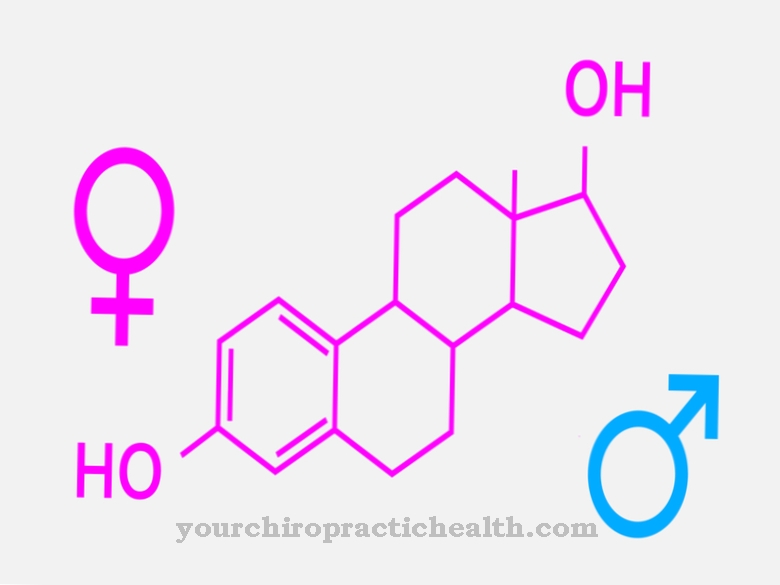
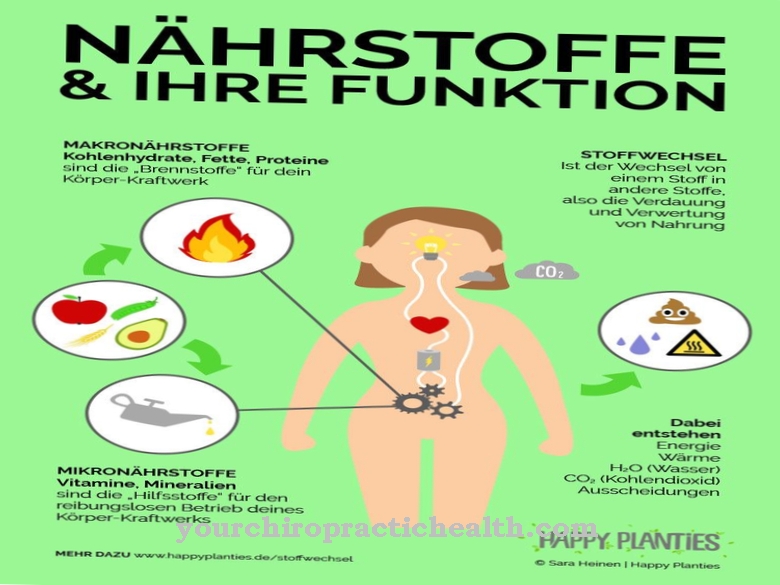
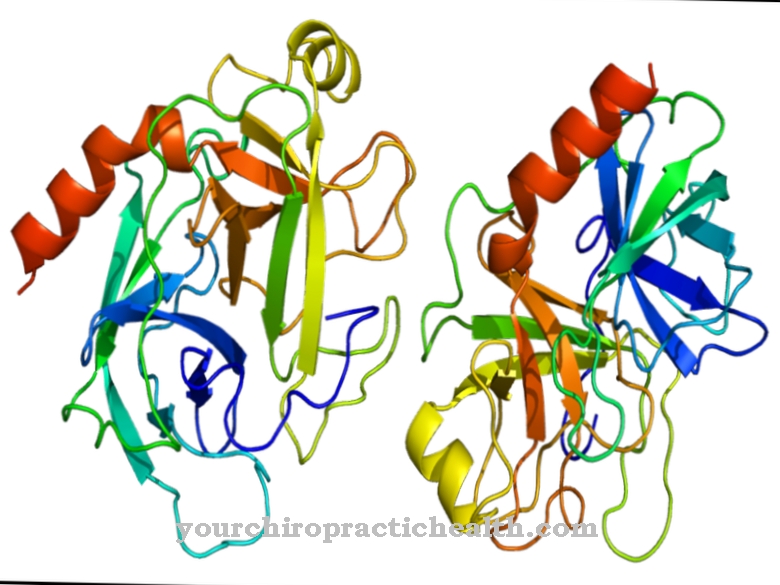
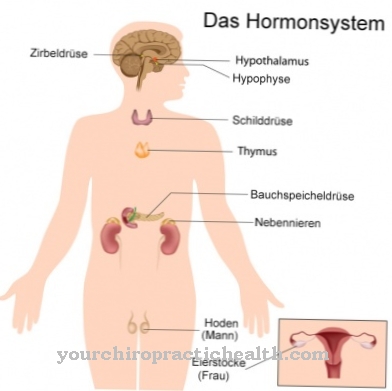
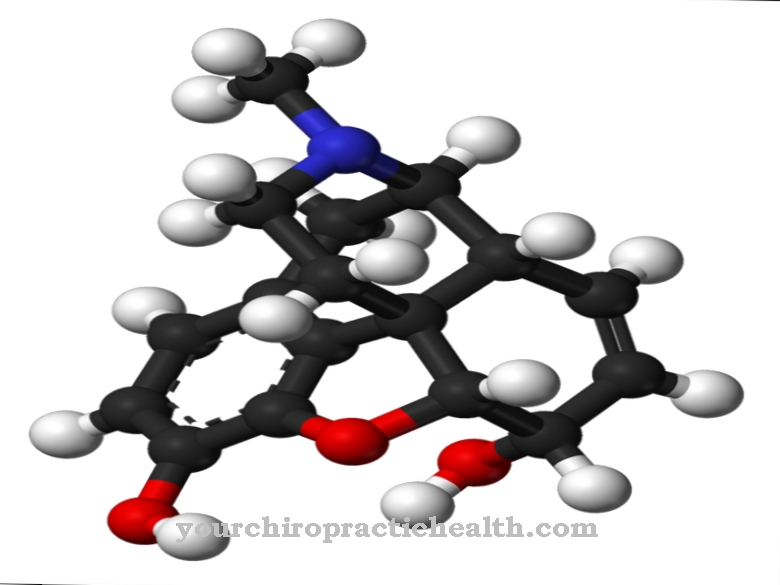




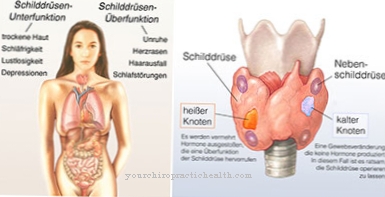

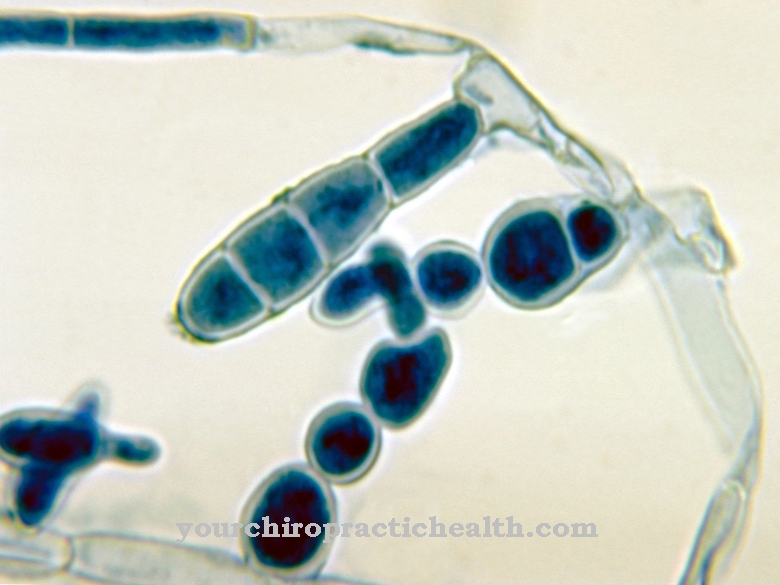

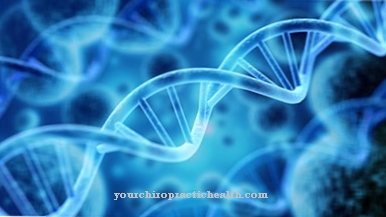


.jpg)




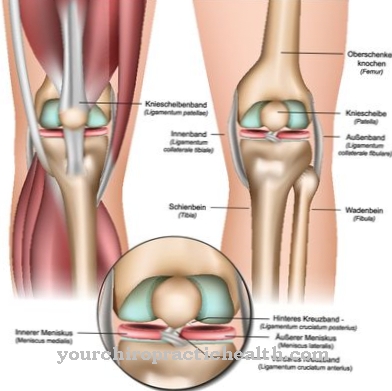
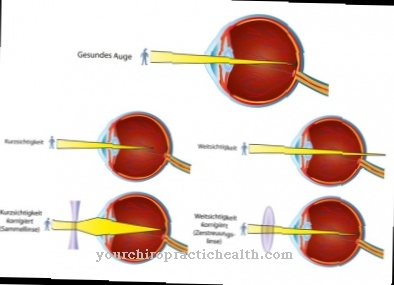
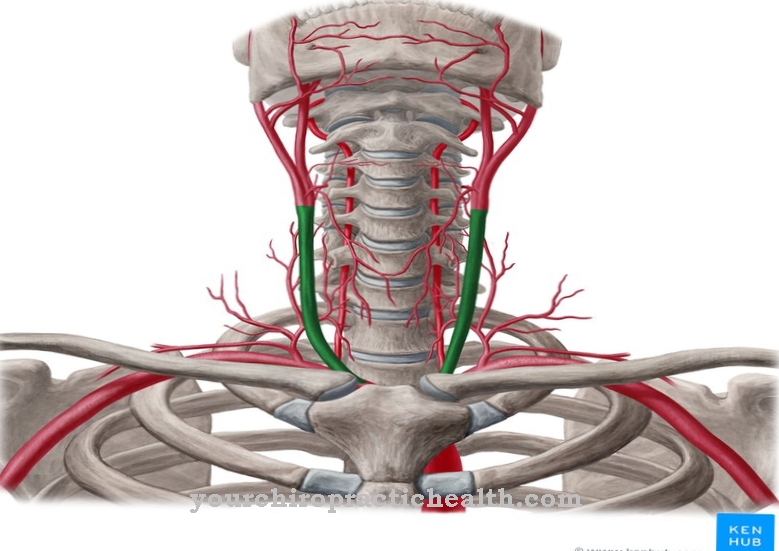
.jpg)


